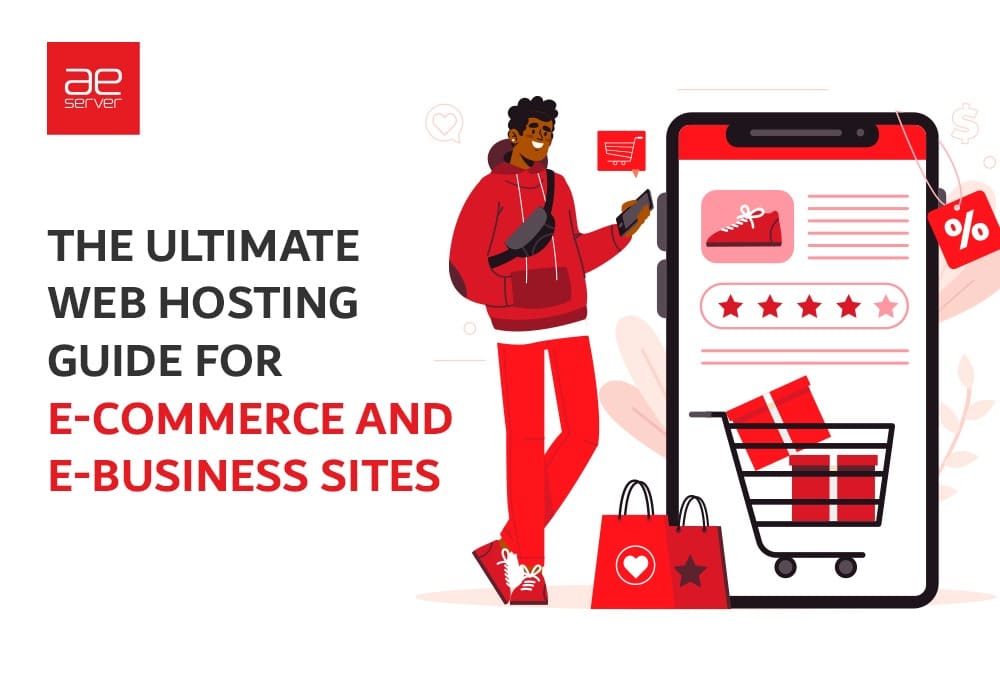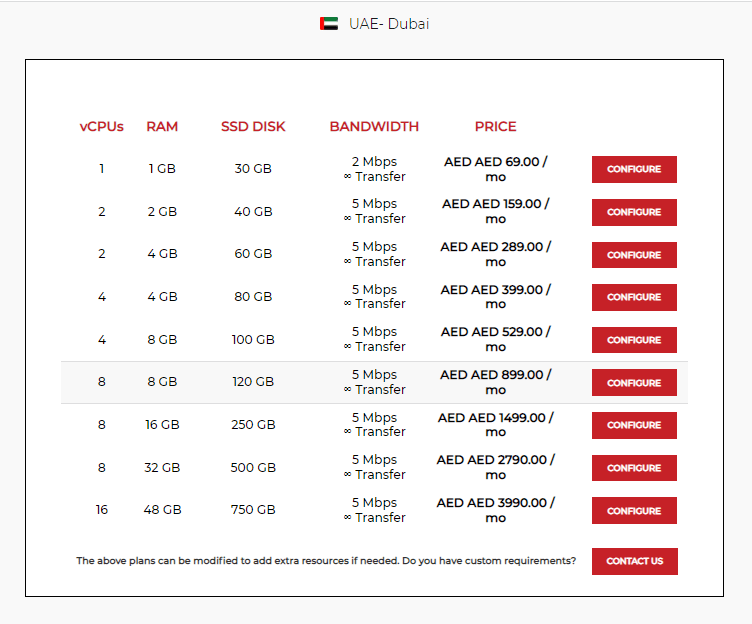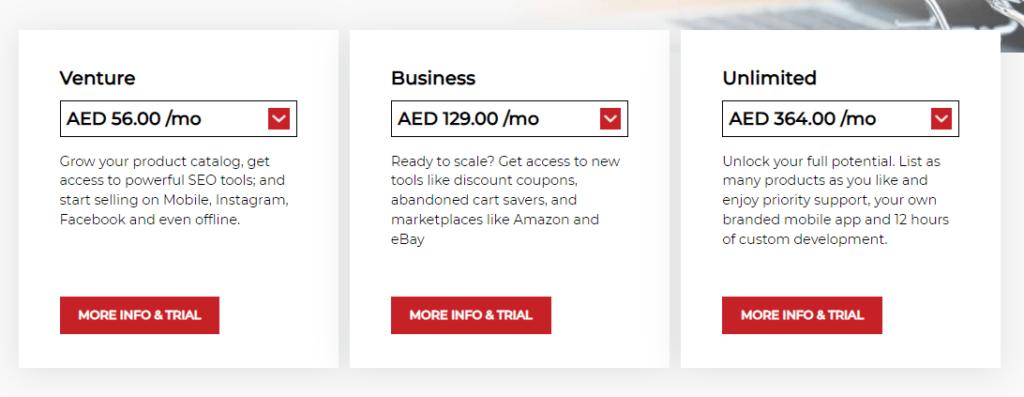
E-Commerce and E-Business – Another Layer of Hosting
When choosing a hosting service for your website, you can come across various hosts and hosting to choose from. It all depends on the requirement and type of business you want to run.
There is another layer of hosting that we will cover in this article, e-commerce hosting, and e-business hosting. E-commerce and E-business are the two most commonly confused terms over the internet. It may include traditional hosting (shared hosting, dedicated hosting, VPS, and cloud hosting) with some additional features and services often misunderstood even by seasoned developers.
We have included the basic definitions to the advanced explanation of e-commerce and e-business. Let’s make a start to clear all the confusion concerning the topic.
What is E-commerce
E-commerce stands for electronic commerce, which implies the process of selling and buying goods or services over the internet. Unlike physical commerce, it can also be used to describe any commercial transaction through the web. Here, the transaction between the buyer and seller is made electronically, so the parties’ physical interaction is absent.
For example:
- Online shopping
- Online ticket booking
- Online hotel booking
- Online banking
- Social networking
E-commerce includes every element of a sale, such as product ordering, order payment, and delivery.
Types of E-commerce Models
There are four main types of e-commerce models that describe any transaction conducted between business and consumer, among them are:
B2B: Stands for a business-to-business model that includes all kinds of electronic transaction processing services or products conducted between two businesses.
B2C: Stands for a business-to-consumer model, which means the products or services are sold directly between a seller and an individual consumer.
C2C: Stands for a consumer-to-consumer model. The type of business model where consumers sell goods or personal services to other consumers using online market makers.
C2B: stands for a consumer-to-business model. It refers to a business model that facilitates transactions between a consumer and a business organization.
What is E-business
E-business stands for electronic business, which implies the online presence of a business firm by using different types of online work used to conduct a business. It is not only restricted to the interaction between a customer and supplier. Indeed it encompasses the interaction with different departments and employees within the organization.
It includes e-commerce and all the business activities such as accounting, production, finance, human resource, and more.
Types of E-Business Models
The primary E-business model cover two major categories that are:
Pure play: it is a form of e-business described as an e-commerce company that only operates in an online mode.
Bricks-and-clicks: Also called click-and-mortar, is that form of e-business model in which the business operates both online and offline mode.
Difference between E-commerce and E-business
Now that you have understood the basic definitions and types of e-commerce and e-business, we can look at their differences below:
- As you already know, e-commerce is concerned with buying and selling aspects of the business over the internet, where e-business conducts all the business activities electronically.
- Information and communication technology (ICT) is used in e-commerce to enable the digital relationships between suppliers and their customers. On the other hand, e-business uses ICT to increase the speed and efficiency of business processes.
- The first and foremost requirement of e-commerce is a website to offer products and services. Nowadays, mobile applications are also becoming an important requirement for transactions. On the other hand, E-business requires a website and other software packages like ERP, CRM, etc.
- When it comes down to the network, e-commerce requires the internet to connect the company to the rest of the world. As against, e-business requires networks like the internet, intranet, and extranet.
- The scope of e-business is wider, while e-commerce is narrow because e-business covers e-commerce.
- Lastly, e-commerce has an extroverted approach as it deals with external parties like customers, suppliers, and distributors. In comparison, the approach of e-business is ambivert as it deals with internal parties such as employees and external parties such as customers, suppliers, distributors, creditors, etc.
What Is Meant by E-Business Hosting and E-Commerce Hosting
Confused here? Whether you’re a tech person or not, it’s normal to get confused between the two terms e-commerce and e-business hosting.
Hosting comes in a variety of different forms and specializations. Besides traditional hosting, some hosting types are named after the hardware they are based on, and others have specialized plans with different features. It all depends on a hosting provider what kind of technologies and plans they are providing in what kind of hosting.
If we talk about e-business hosting, you can choose from countless options of resources provided by a host to run your business online. But make sure to choose the right hosting plan that offers enough functionalities and resources that you need for your business.
And if we talk about e-commerce hosting, it is just a package of special features provided for this type of business.
But the question arises, Are e-commerce and e-business hosting different from traditional hosting?
Well, both hosting is not different from traditional hosting. In fact, e-business and e-commerce hosting come within traditional hosting. As discussed before, there are just some extra added features to enhance the business performance and production according to the need.
Choosing AEserver for E-Business Hosting
AEserver is your one-stop solution for all your business requirements, even if you’re starting from scratch. We provide you with all the technologies you need to run a business, from building a website to managing complex tasks. We provide managed and unmanaged solutions with website builders, CMS, collaboration tools, and other software to keep up your business performance.
Cloud Hosting Plans
The most popular packages for e-business provided by AEserver are:

Choosing Aeserver for E-Commerce Hosting
As e-commerce is a part of e-business, It includes some of the technologies same as e-business and some technologies that can only be used for e-commerce sites.
AEserver gives you the power to easily sell on websites, social media, marketplaces, and anywhere else to anyone. Our e-commerce solution facilitates you to control everything from a single platform. You can even customize iOS/Android mobile applications.
Tip: never choose e-business hosting over e-commerce hosting for your e-commerce site if you think you might get more tools to run your site smoothly, as it will result in loss of tools, money, and performance.
E-Commerce Hosting Plans
AEserver provides you with the following packages for the e-commerce site.

Which Hosting Type You Should Choose
For e-business, you can choose any hosting from shared, dedicated, VPS, and Cloud depending on your business size and requirements. All you have to do is analyze your business requirements by thinking long-term and choosing the right one that fits your business.
For e-commerce sites, Cloud hosting is certainly the infrastructure you want. It is the most popular solution for e-commerce sites. It provides you with scalability and flexibility where you can also add or remove resources and is very affordable for startups.
Conclusion
E-commerce is a major part of e-business. It is also said that e-commerce is an e-business website, but e-business is not necessarily e-commerce.
We have come to an end with our guide, and we are sure that all your doubts and confusion regarding e-commerce and e-business are cleared now. If you have a business plan to move with, make sure you know the dos and don’ts of running a successful business. And if you don’t have the exact idea of what you’re going to do, go to our service page, where our expert team can consult you about your business and help automate operations and create disruptive retail technology that will reform the way customers interact with your brand.



